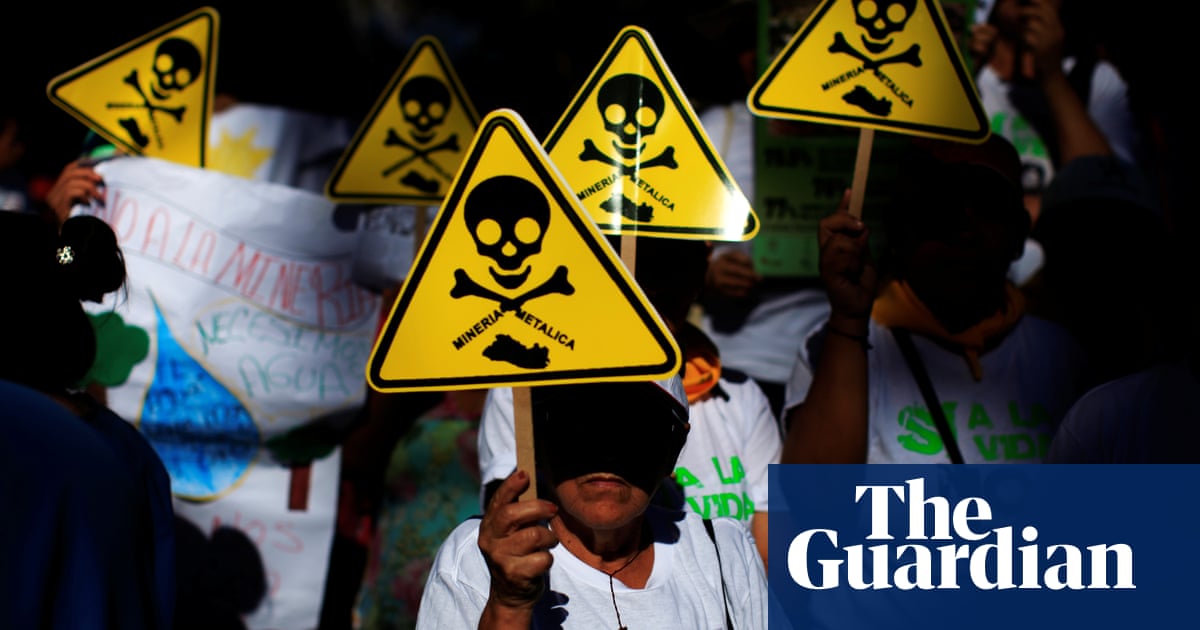Thomas Ceccon clinched an Olympic gold in Paris, but it’s unclear if his success was influenced by a good night’s sleep. The 23-year-old Italian swimmer secured his first Olympic gold in the men’s 100-meter backstroke, although he faced disappointment in the 200-meter event by failing to qualify for the final.
Insight into the Toll of Olympic Conditions
Ceccon attributed his fatigue during the 200-meter semifinal to struggles with sleep in the Olympic village, mentioning challenges with heat and noise. Saudi rower Husein Alireza witnessed Ceccon taking a nap outdoors on a lawn due to the lack of air conditioning in the village and uncomfortable conditions.
Village Conditions and Athlete Comfort
Stories of subpar conditions in Olympic villages are not uncommon, with reports of uncooked meats, insufficient food portions, and uncomfortable sleep surfaces. Lack of air conditioning has been a recurring issue, prompting some athletes to bring their own fans in response to the absence of climate-friendly cooling systems.
Insight into Organizers’ Sustainability Efforts
Yann Krysinski, overseeing venue infrastructure delivery at the summer games, stated that the layout and design of the Olympic village buildings were intended to minimize the need for air conditioning due to efficient insulation and orientation. This decision aligns with the committee’s sustainability goal of reducing the carbon footprint by half and implementing innovative technology to utilize natural sources for cooling.
Overall, Ceccon’s Olympic journey sheds light on the challenging conditions that athletes sometimes face in pursuit of their dreams, highlighting the importance of adequate rest and comfort to ensure peak performance.
Please enter a valid email address.













